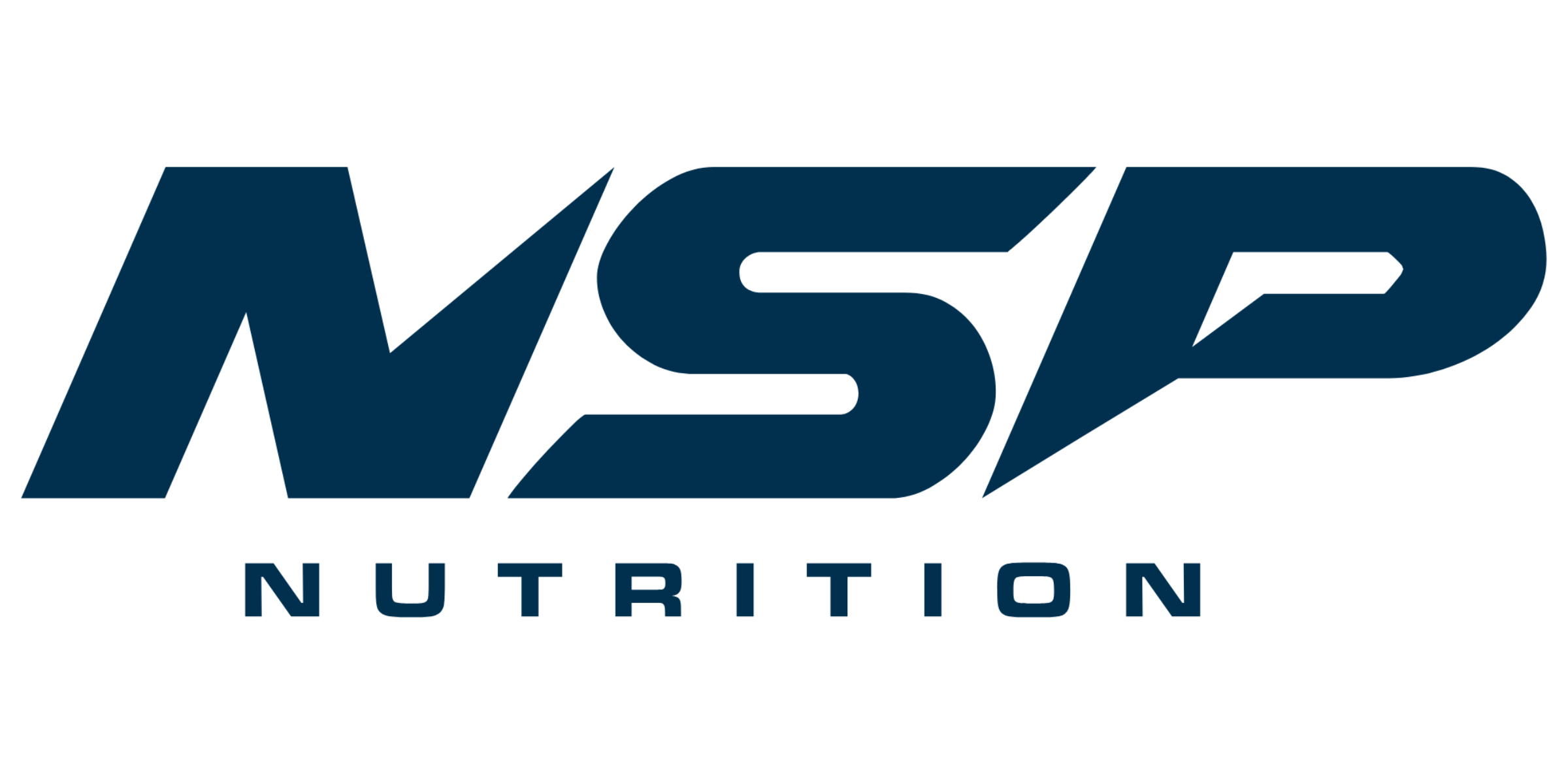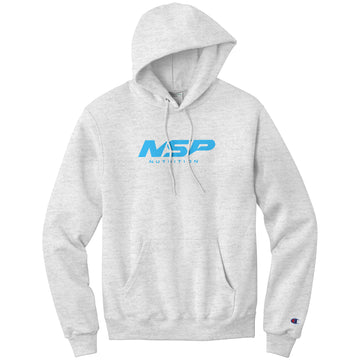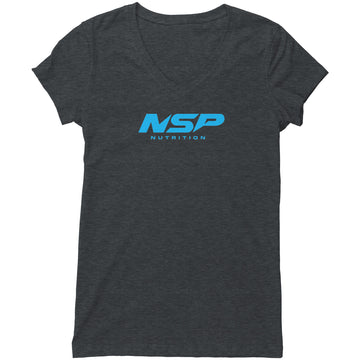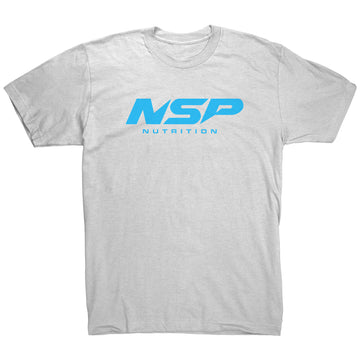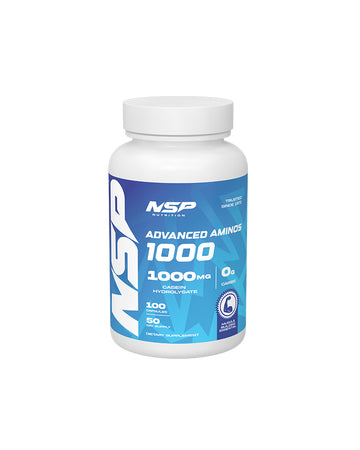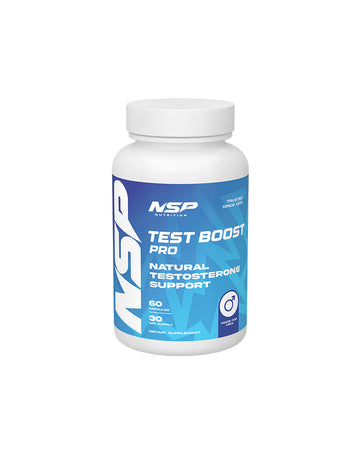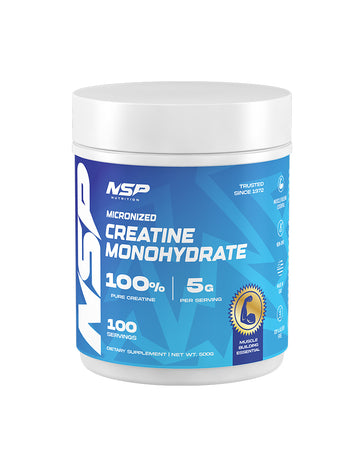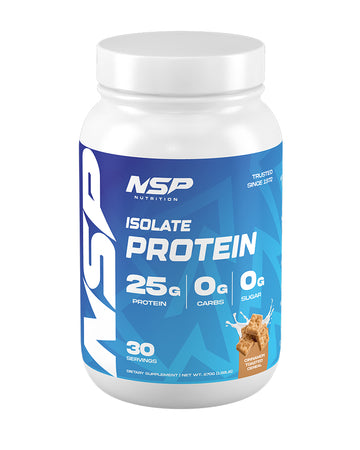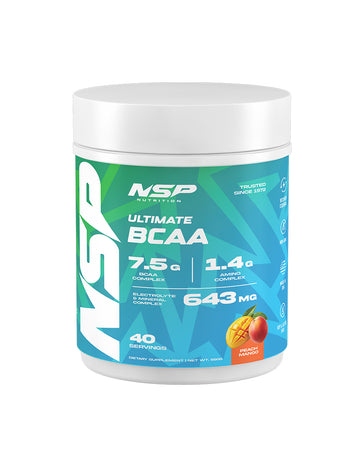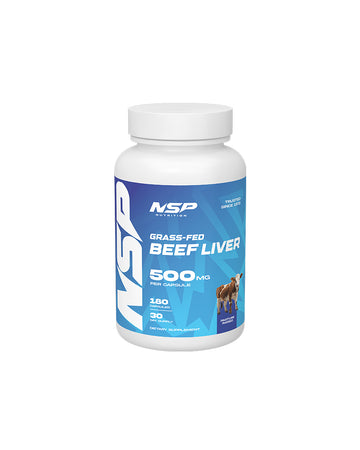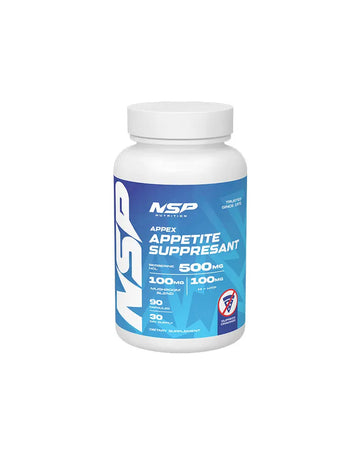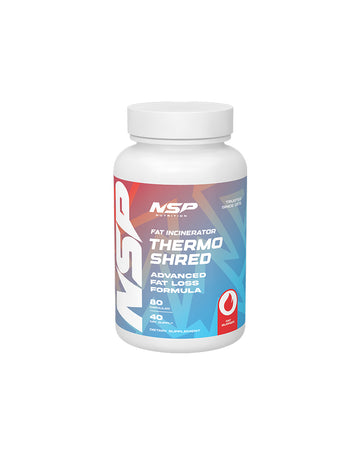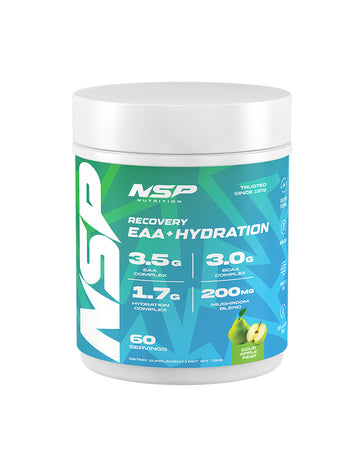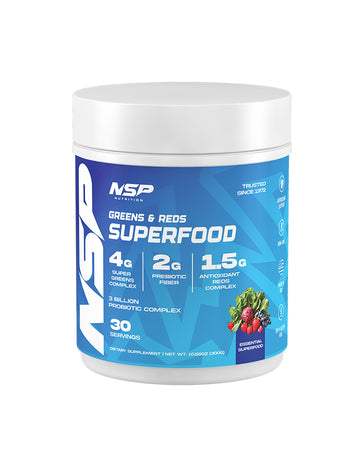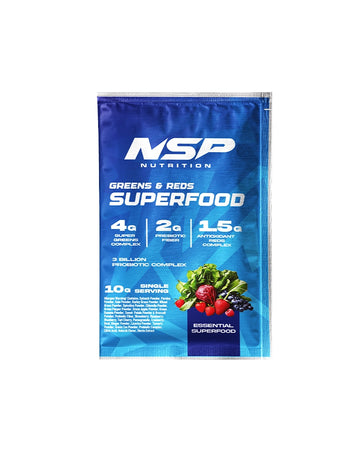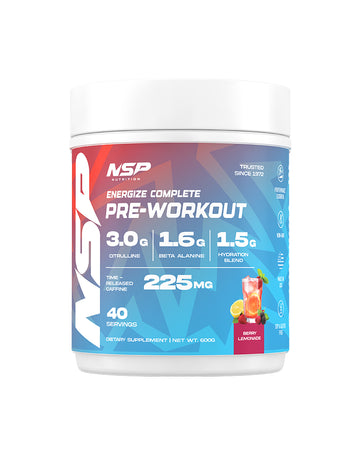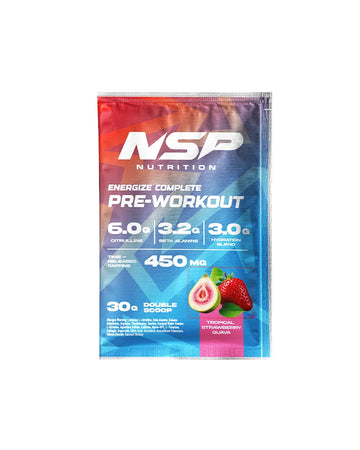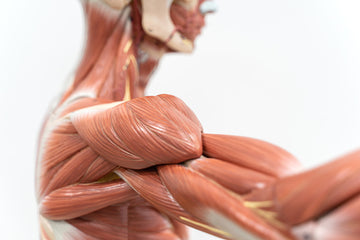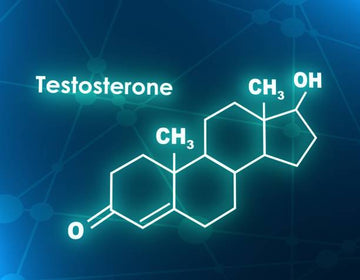When it comes to nutrition, one of the most important nutrients for muscle growth is protein. But how much protein do you need to build muscle? Let’s take a look into the recommended protein intake for muscle building and the science behind it, shall we?
Protein and Muscle Growth
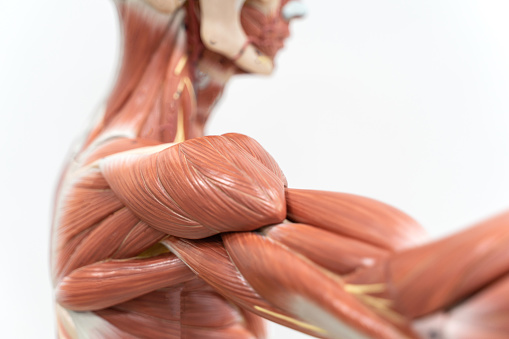
Protein is essential for muscle growth and repair. When you work out, you create little micro-tears in your muscles.
These tears need to be repaired, and that's where protein comes in. Protein is made up of amino acids, which are the building blocks of muscle tissue.
So, when you consume protein, your body breaks it down into amino acids, and then uses those amino acids to build and repair muscle tissue.
Now, the amount of protein you need to build muscle depends on a few things, like your age, gender, body weight, and activity level. The recommended dietary allowance (RDA) for protein is 0.8 grams per kilogram of body weight per day for adults.
But, if you're someone who's regularly hitting the gym and doing strength training exercises, you're going to need more protein.
The International Society of Sports Nutrition (ISSN) recommends a protein intake of 1.4-2.0 grams per kilogram of body weight per day for people who are engaging in regular strength training.
So, let's say you weigh 70 kilograms (or 154 pounds). According to the ISSN, you should be consuming anywhere from 98-140 grams of protein per day to meet their recommendations.
But, it's not just about how much protein you're consuming. You also want to make sure you're spreading your protein intake throughout the day.
Consuming 20-30 grams of protein at each meal and snack can help ensure that your body has a constant supply of amino acids to build and repair muscle tissue.
Now, the timing and type of protein can also play a role in muscle growth. Consuming protein immediately after exercise can help stimulate muscle protein synthesis, which is the process by which your body builds new muscle tissue.
Whey protein is a popular choice for post-workout protein consumption because it's quickly digested and absorbed by the body.
Casein protein, which is found in milk, is a slower-digesting protein that can provide a sustained release of amino acids to the muscles.
But, here's the thing, the timing and type of protein aren't the most important factors for muscle growth. Consuming an adequate amount of protein throughout the day is more important than timing or type.
Now, before you go chugging protein shakes all day long, it's important to note that consuming too much protein can have some potential risks. Consuming large amounts of protein can put stress on the kidneys and liver, and may increase the risk of osteoporosis. Plus, consuming more protein than your body needs won't necessarily result in additional muscle growth and may instead be stored as fat.
How Much Protein Do You Need?
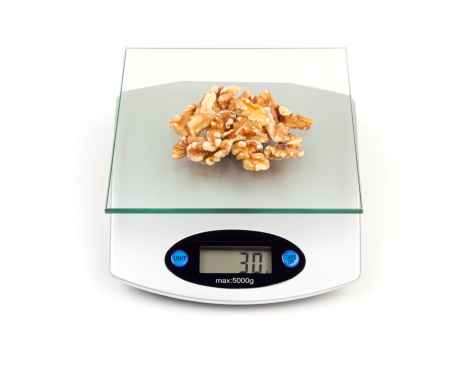
The amount of protein you need to build muscle depends on a variety of factors, including your age, gender, body weight, and activity level. The recommended dietary allowance (RDA) for protein is 0.8 grams per kilogram of body weight per day for adults. However, this amount is the minimum requirement to prevent protein deficiency and does not take into account the needs of athletes and people engaging in regular strength training.
For people who are looking to build muscle, a higher protein intake is recommended. The International Society of Sports Nutrition (ISSN) recommends a protein intake of 1.4-2.0 grams per kilogram of body weight per day for people engaging in regular strength training.
For example, if you weigh 70 kilograms (154 pounds), you would need to consume 98-140 grams of protein per day to meet the ISSN recommendations.
The Role of Timing and Type of Protein

In addition to the amount of protein you consume, the timing and type of protein can also play a role in muscle growth. Consuming protein immediately after exercise can help stimulate muscle protein synthesis, which is the process by which your body builds new muscle tissue.
Whey protein is a popular choice for post-workout protein consumption because it is quickly digested and absorbed by the body. Casein protein, which is found in milk, is a slower-digesting protein that can provide a sustained release of amino acids to the muscles.
However, it is important to note that the timing and type of protein are not the most important factors for muscle growth.
Think of protein like a post-workout snack. After a hard workout, you want to refuel your body with the right nutrients to support muscle growth. Consuming whey protein, which is quickly digested and absorbed by the body, can help kickstart muscle protein synthesis. Casein protein, which is found in milk, is a slower-digesting protein that can provide a sustained release of amino acids to the muscles.
But, here's the thing, the timing and type of protein aren't the most important factors for muscle growth. Consuming an adequate amount of protein throughout the day is more important than timing or type.
Spreading Out Your Protein Intake

It's not just about how much protein you're consuming. You also want to make sure you're spreading your protein intake throughout the day. Consuming 20-30 grams of protein at each meal and snack can help ensure that your body has a constant supply of amino acids to build and repair muscle tissue.
Think of protein like money in your bank account. If you only deposit money once a day, you're not going to have a lot of cash to spend throughout the day. Similarly, if you're only consuming protein at one or two meals, you're not going to have a constant supply of amino acids to support muscle growth. So, make sure you're spreading out your protein intake throughout the day.
Potential Risks of High Protein Intake

While protein is an important nutrient for muscle growth, consuming too much protein can have potential risks. Consuming large amounts of protein can put stress on the kidneys and liver, and may increase the risk of osteoporosis.
It is also important to note that consuming high amounts of protein does not necessarily lead to more muscle growth. Consuming more protein than your body needs will not necessarily result in additional muscle growth and may instead be stored as fat.
Conclusion
So, there you have it folks! Protein is essential for muscle growth and repair, but you want to make sure you're consuming the right amount throughout the day.
And, while protein shakes may be delicious, it's important to not go overboard and risk some potential health problems. So, grab a chicken breast or some tofu, and keep on building those muscles!
